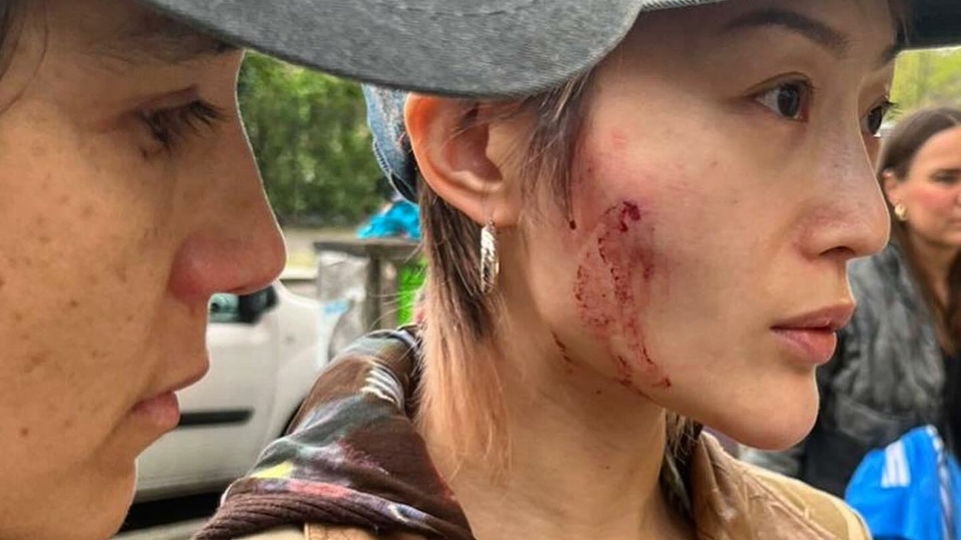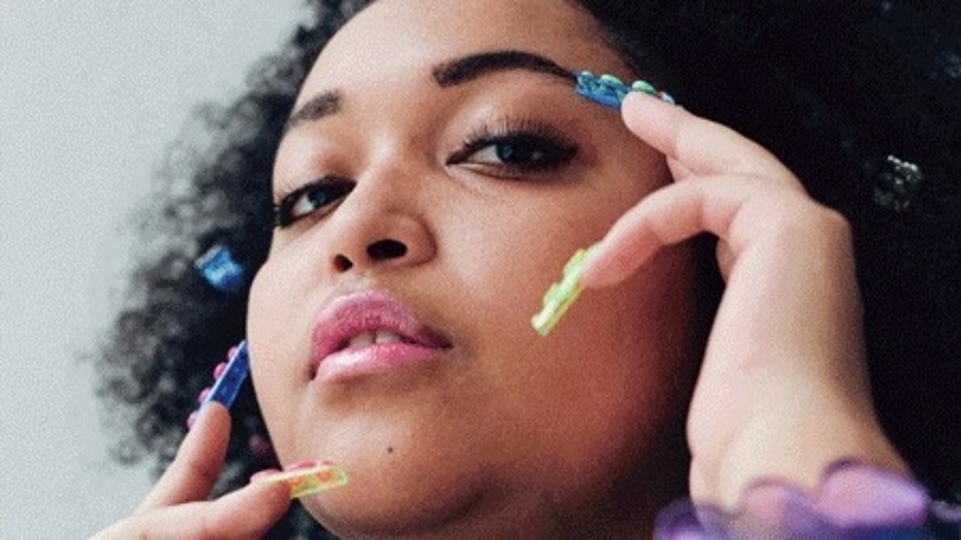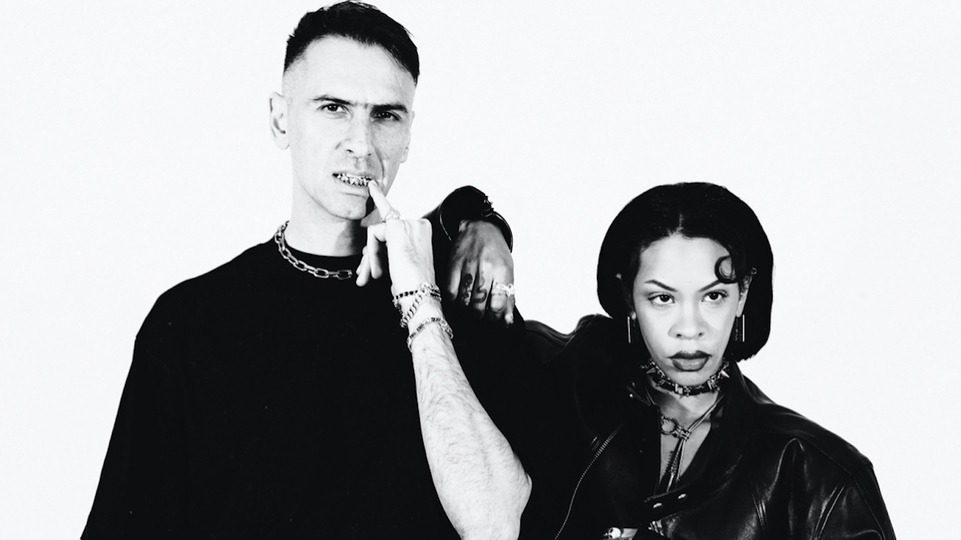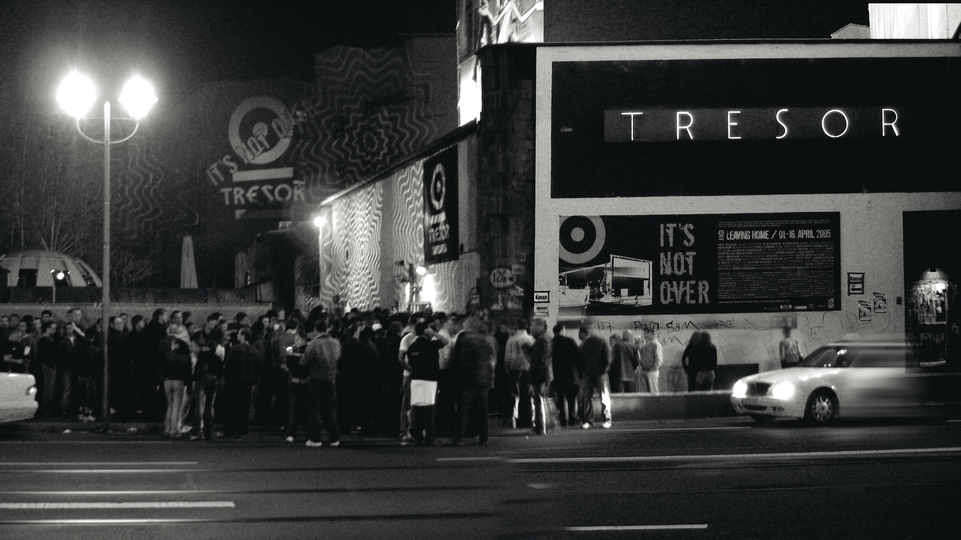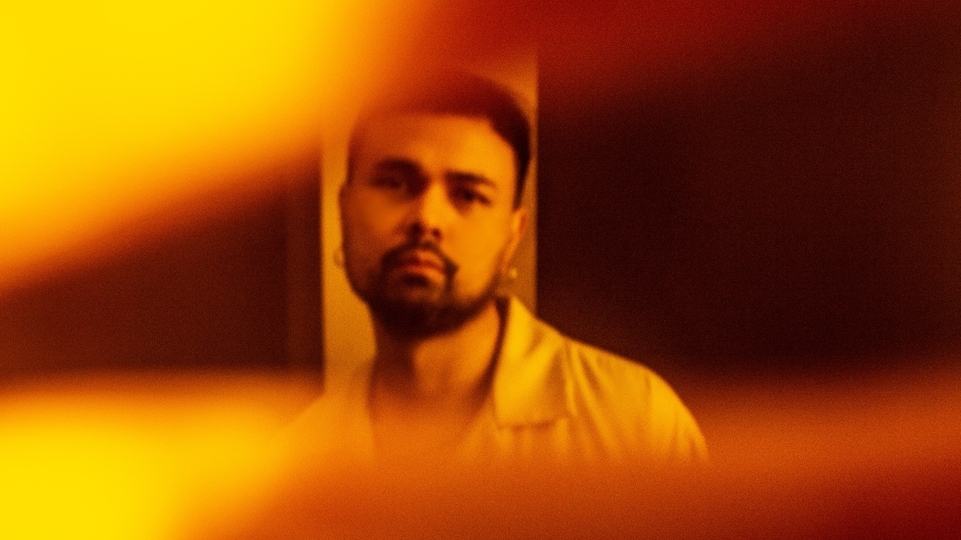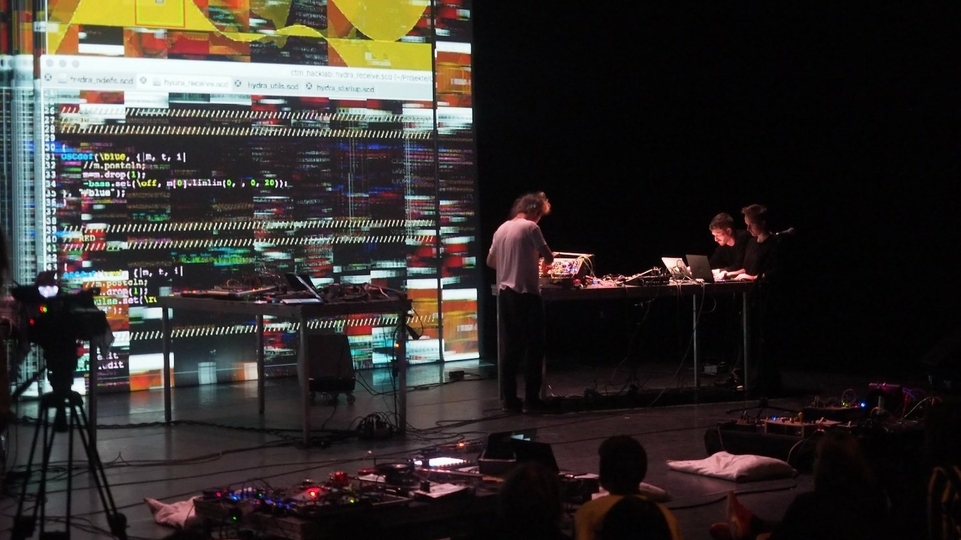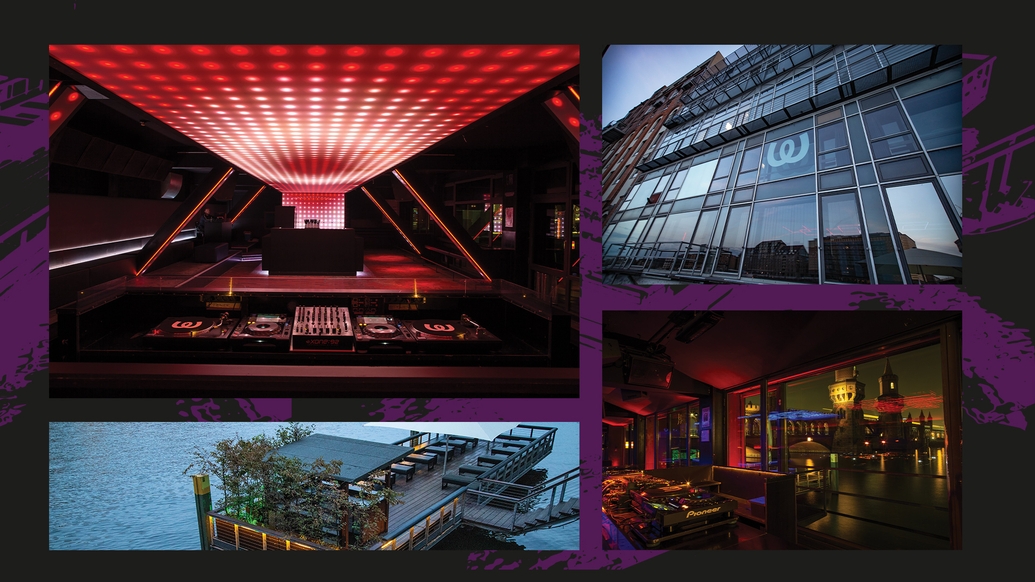
Watergate: 20 years at the heart of Berlin nightlife
Berlin's Watergate club has played a crucial part in the city's clubbing history, and was formative in the journeys of DJs including Anja Schneider, Dixon and Solomun. Ria Hylton meets some of the club’s founders and residents to hear the secrets of its success
Tucked away on the southside of the Oberbaumbrücke, at the foot of a bridge that used to straddle a once divided city, lies Watergate. It’s a small venue, easy to miss if you’re not on the lookout, but the club turned 20 late last year and continues to occupy a unique space in Berlin’s underground.
Its owners have eschewed the techno DIY aesthetic most other Berlin venues are known for, opting instead for a lush interior with signature LED lights and smooth, coal black surfaces, and its 800 cap makes it half the size of most of its generational peers. It also helped break the careers of many artists, including Dixon, Anja Schneider and Solomun.
And then there’s the riverside view. To the left the Oberbaum, an ornate red-brick that’s been connecting the Friedrichshain and Kreuzberg neighbourhoods either side of the River Spree since the 18th century, while further east lies the Molecule Man, a 100-foot sculpture built ten years after the fall of the Berlin Wall. These landmarks can be viewed from the venue’s floating terrace any weekend during the summer, or via its glasswall in the autumn and winter months. As far as iconic clubbing locations go, Watergate has struck gold.
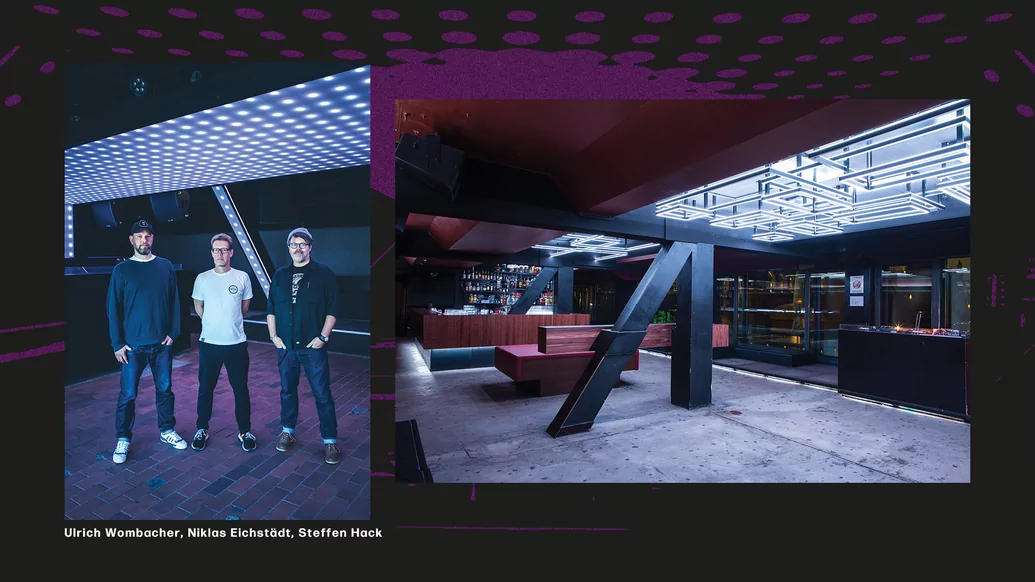
Speak to locals, however, and reviews can tend to get critical. “It’s for the tourists and the rich kids,” one Berliner tells us. “They’ve gotten rid of the underground and it’s really straight,” says another. “Watergate on a Saturday, really?” Granted, it may not attract the raw, diehard clubbers of Berghain, or boast the industrial charm of Tresor, but Watergate more than makes up for this in its intimacy and laidback appeal.
Its location puts it in close quarters to restaurants and bars in the ‘kiez’, making it easy to have a look in on your way to somewhere else, and the club itself, spread across two floors, offers a warmth hard to find in most other underground dwellings. As Anja Schenider, Watergate resident and Berlin techno figure-head, puts it: “It’s a place where you can just go for a drink — but then maybe the drink turns into the next morning.”
On October 26th, 2002, Steffen Hack, Niklas Eichstädt and Uli Wombacher opened Watergate. Kreuzberg, considered the outskirts and far from clubbing land — Mitte at the time — was still marred by the aftermath of war. In a documentary celebrating Watergate’s 10th year, Heidi described the area as “riddled with bullet holes” at the time. Were things really that bad? “Absolutely,” Schneider confirms in a face-to-face sit-down at the club. “I remember my first office in Mitte had a wall which had bullet holes from the [Second World] war.”
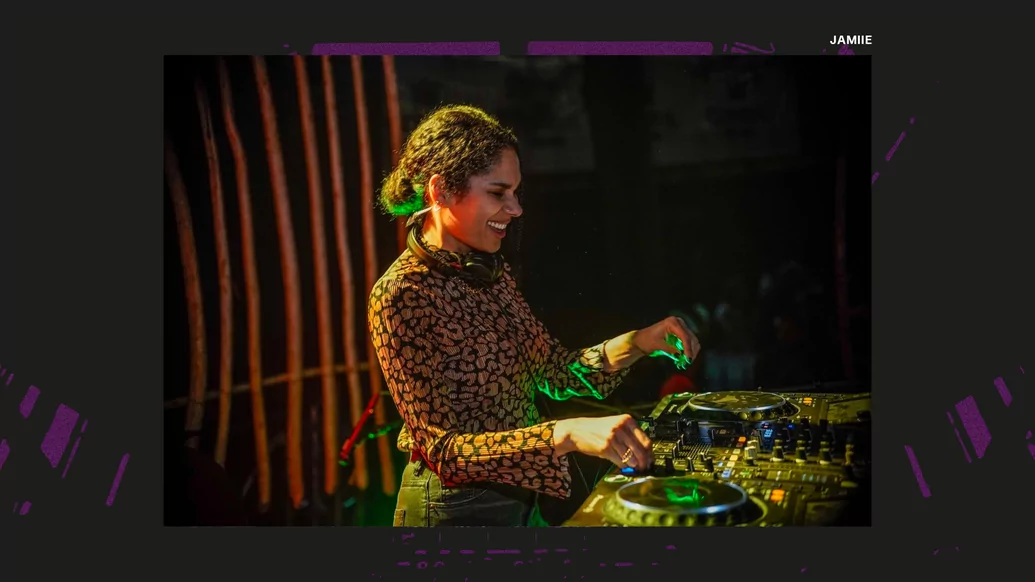
Schneider moved to the city in 1994, witnessing the early days of the underground and the eastward migration of Berlin nightlife. “Of course you had old Kreuzberg, with all the punks and the rock clubs, but this for me was not interesting — the most interesting part of the city was what became new, the east.”
JAMIIE, a newer resident, shares similar memories of the area when she first began clubbing at Watergate. “The Wall had been down for 15 years but you still had this feeling that everything was possible in Berlin,” she tells DJ Mag. “Things were rough, Kreuzberg was not a place where you would necessarily live — and Neukolln was a no-go zone.”
Hack, Eichstädt and Uli Wombacher were running their Hard:Edged drum & bass nights at WMF, the capital’s then go-to club in Mitte, as well as promoting the UK-grown sound via their label of the same name. One day they realised they were in need of a permanent spot. “We were really well connected,” Uli Wombacher relays to us on the club’s waterfloor. “We ran Metalheadz nights, Hospitality nights — we even did stuff with Bryan Gee and V Recordings — but it’s [d&b] not something that originated here, so there was a dedicated following, real fans of the sound, but still felt like an imported culture, which doesn’t really work in the long run.”
Watergate as a d&b outpost, with the occasional hip-hop, reggae and R&B night, did well for a while, but the trio quickly realised they couldn’t survive on this alone. It was when they finally focused on house and techno that things really began to take off.
Early Watergate parties included regular all night longs with Dixon, who the owners trusted to hold down the house side of things on a Saturday. The collaboration lasted years, and some of his sets can still be found online. “He wasn’t big at the time,” Wombacher remembers, “and compared to now, you can’t even find a date in a year to book him.”
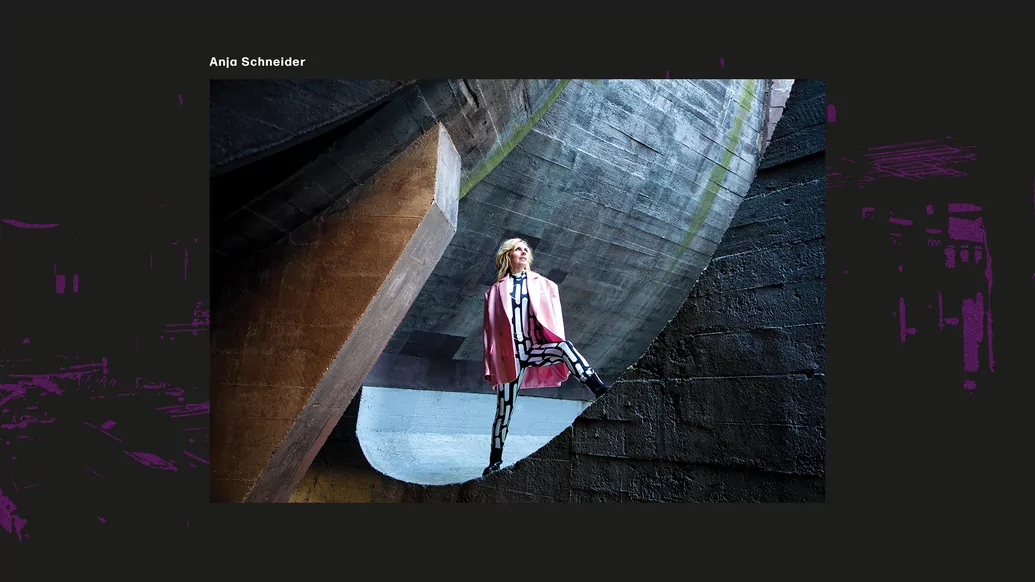
“It’s a place where you can just go for a drink — but then maybe the drink turns into the next morning.” – Anja Schneider
The club also became a home for Solomun’s Diynamic label parties, which started out on the waterfloor before taking over the whole venue. “Then he became really big and we were too small. And then Berghain called, and for him it was the next step.” The scene superstar may not play there all that often now, but owing to their early relationship Solomun can still be counted on for one-off celebrations, such as one of the club’s many 20th anniversary celebrations. “He confirmed to play at one of our 20 Years [events],” Wombacher remarks, adding: “Even though he could have played in a stadium.”
Anja Schneider, who joined the Watergate family in 2003, noted a shift in the club’s crowd around the mid ‘00s. In the early days, she explains, “we were not full every weekend and there were no queues because we didn’t have tourists. And then, suddenly you would see the EasyJet and RyanAir ravers. They flew in on a Friday and you would see them on a Monday morning, coming back from wherever and going to take their flight,” she says with a light laughter. “And this was, for Berlin and the whole subculture, really important.”
The club slowly morphed from a space nurturing underground artists to a venue capable of pulling house and techno superstars. German artists like Ellen Allien, Ricardo Villalobos and Sven Vath all spun there, as did international techno stars like Richie Hawtin and Charlotte de Witte. Kerri Chandler, Kyle Hall and The Martinez Brothers, house heavyweights, have also made an appearance over the years.
As for Schneider, she was a respected radio DJ before she decided to play for live crowds, but cut her teeth behind the Watergate booth with her own parties before founding Mobilee Records, one of the city’s best-known labels. “It was the moment where I realised okay, maybe I can do something with this,” she says. “There were so many factors coming together. Of course it was not easy, but that I didn’t give up, I have to thank Watergate.”
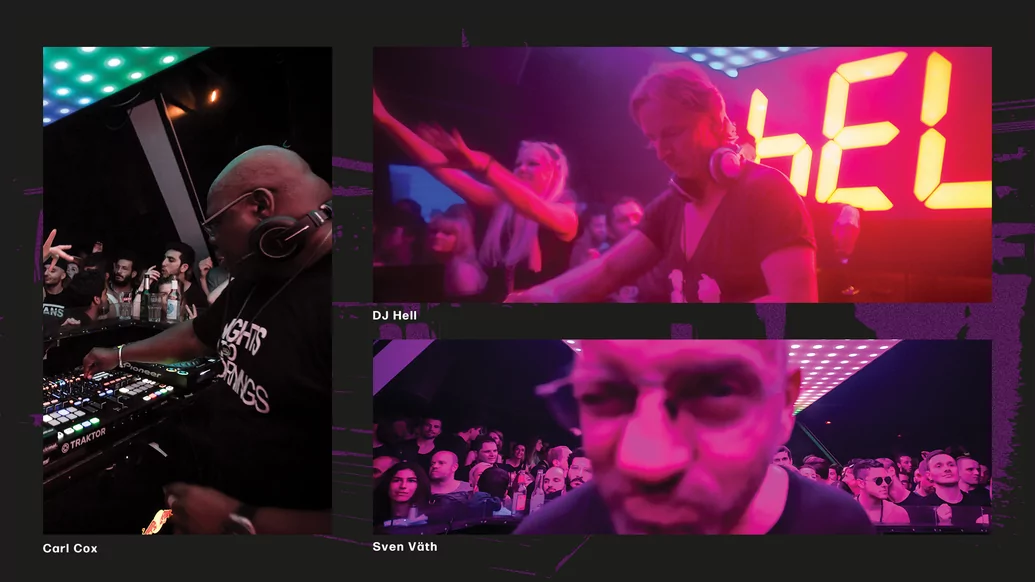
“My dream situation is for this new generation to be able to do what I’ve done. It doesn’t have to look the same, but if people with the same passion are able to fulfil their dreams in locations like this, that would be amazing.” – Uli Wombacher
In 2008, the owners took things further, launching the Watergate Records label. Like most things in the Watergate ecosystem, it was an organic evolution, a compilation series that morphed into a clearer concept — a way “to take home” all the sounds being spun at the club. The famed mix series, with its distinct animal artwork, gave the club another visual identity and brought residents and DJ regulars under another sonic roof. Kerri Chandler, Catz N’ Dogz and Solomun have all featured in the series, which averages two releases a year, and the last edition, ‘Watergate 28’, came courtesy of Biesemans in September last year.
In many ways, Watergate has also been ahead of the curve, pushing artists and sounds well before they became popular. Schneider explains that it was promoting female artists long before it became an industry conversation. “There were a lot of girls that had label parties, including me, Ellen Allien, Monika Kruse, and this was just normal,” she tells DJ Mag. “I also really like that there was always the guts to do something different, for example when they started the RISE parties — Berlin was never known for this sound.”
In 2015, when Hyenah, Floyd Lavine and Dede launched RISE, a Berlin-based collective promoting African electronic music, they chose Watergate as their home. Afro house and Afro tech were hard to come by in the German capital, but near enough every month for the next five years RISE would hold a night at the club, inviting artists like Culoe De Song, Boddhi Satva, Djeff and Da Capo into the Watergate realm.
In 2017, the building that houses Watergate was sold and the new owner doubled the venue’s rent. It was the club’s 15th anniversary year but in transforming the neighbourhood, it was clear that it had become a victim of its own success. How much is the rent now, we ask? “It’s a lot,” Wombacher replies, deadpan. “If this was a big commercial, capitalist company the rent would be fair, but this is a cultural institution, providing entertainment, supporting new artists, investing in things that don’t pay out in the end."
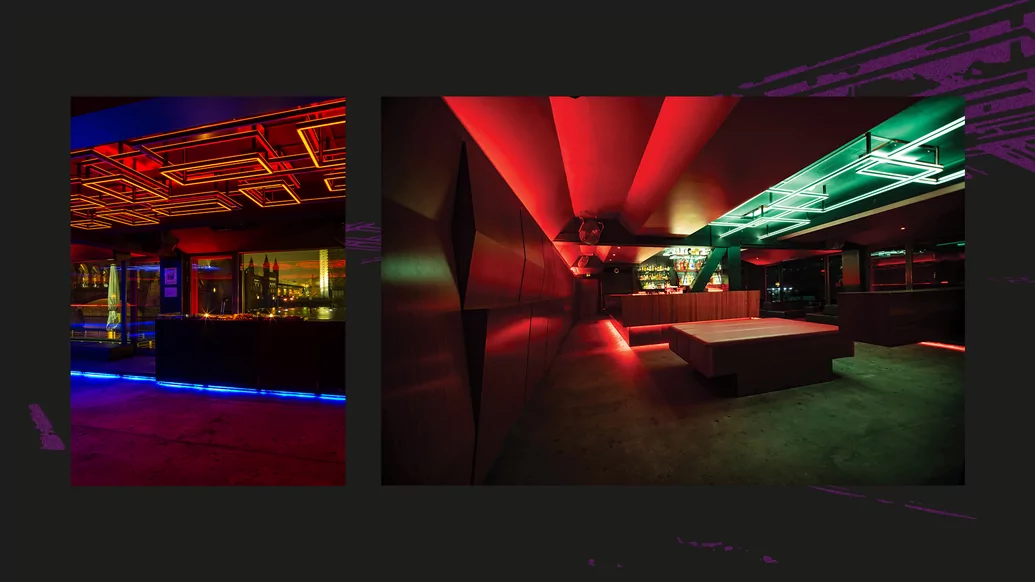
“In Berlin, we were separated from this worldwide money grab,” he continues. “Every square metre in London, Paris, New York is being monetised and you can see what’s happening in the club scene in these cities.” The founders chose not to pass the full weight of the new cost onto clubbers, but things have changed. “Now this rent limits us in what we are able to do — we can’t play around anymore. We were forced into thinking like a business.”
Crisis struck again when nightclub culture was frozen in response to COVID and artists, promoters and venues in the clubbing capital of the world were forced to down tools for longer than most other cities. The effects are still being felt years later. “When COVID came I was like, ‘We have three months and that’s it’,” Wombacher remembers. The trio reluctantly followed advice to set up a fundraiser, offering tickets for future events and merchandise as giveaways, as a way to cover rent. “For me it was a nightmare. I thought there was going to be a shit-storm — but it was also a matter of pride.”
They needn’t have worried — the crowdfunder raised well over 100,000 euros and kept the landlord at bay for a few months. “That was the moment when I realised that we’re of real cultural value to people — never in my life would I have expected someone to give us 50, 100 euros.” But government support arrived soon after, keeping the lights on at clubs across the city, and in September 2021 Watergate opened its doors again.
Having stumbled into the club business, establishing a world renowned venue a stone's-throw from a former East German checkpoint, and helped kick start the careers of many underground stalwarts, Wombacher and co are now banking their hopes on a new vanguard. Locations like Watergate’s are fast becoming the preserve of big business, but for the time being, they’re prepared to hold on for as long as possible. “My dream situation is for this new generation to be able to do what I’ve done,” he says toward the end of our sit down. “It doesn’t have to look the same, but if people with the same passion are able to fulfil their dreams in locations like this, that would be amazing.”
